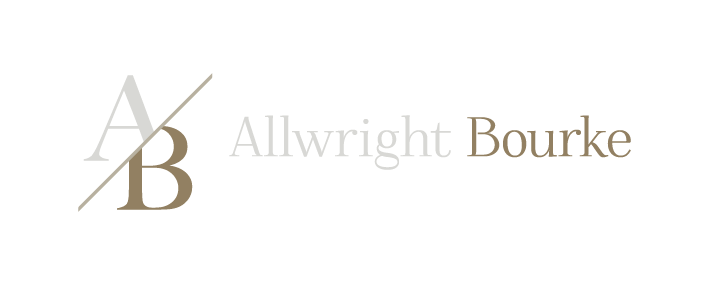Things to consider when purchasing a business
The decision to purchase a business is a significant milestone, filled with excitement and opportunity. However, amidst thrill of entrepreneurship, it’s crucial not to overlook the important legal aspects that come into play. Whether you’re a seasoned entrepreneur or diving into business ownership for the first time, understanding and addressing legal considerations is essential for a successful acquisition.
The purchaser of a business needs to consider the following legal issues:
- Is the owner of business an individual, company, or a trust?
- Will the purchaser of business be an individual(s), company, or a trust?
- If the business is owned by a company, is the vendor selling the business or is the vendor selling all the shares in the company? If the vendor is selling the business (not the shares), the shareholding of the vendor company is not changing.
- Is the premises from where business is conducted a leased premises or owned by the vendor?
- If the business premises is owned by the vendor of business, the transaction will require either sale of the property or lease of premises from the vendor.
- If the business premises is not owned by the vendor, the transaction may require:
A. Landlord’s consent under the existing lease of the premises and
B. EITHER the existing lease is assigned to purchaser by way of tripartite agreement between the landlord, vendor, and purchaser OR there will be a new lease between the landlord and the purchaser.
- While providing consent the landlord may negotiate on the terms of:
A. EITHER existing lease and then there may be an assignment and a variation of the existing lease.
B. OR New lease, in which case the existing lease between the landlord and the vendor is terminated and a new lease is signed between the landlord and the purchaser.
- If the lease of the premises is for a retail business, the vendor or the landlord should provide disclosure statement regarding the premises. The disclosure statement contains important information about the parties, premises and the obligations of the parties under the lease.
- Duty may be payable if the transaction of purchase of business involves transfer of lease or purchase of land.
- If the business is a franchise,
A. Franchisor consent may be required to transfer the business to the purchaser;
B. Subject to franchise agreement, a tripartite deed between the franchisor, vendor and purchaser may be required to assign the franchise.
C. Either vendor should provide disclosures under franchising code or franchisor should provide updated disclosures under franchising code.
- The costs related to the landlord consent and/or franchisor consent may be payable by the purchaser.
- If the signed and exchanged “Heads of Agreement” are not marked as “subject to signing of a formal agreement”, the “Heads of Agreement” may be treated a formal contract between the parties and the terms stated in the “Heads of Agreement” may be binding on the parties.
- If you are seeking approval of finance for purchase of business, the contract should have a “subject to finance clause”.
- When negotiating the price, kindly ensure that there is an agreement between the parties regarding the apportionment of price in the categories of “goodwill”, “plant and equipment”, “fixtures & fittings”.
- The vendor should have made proper disclosures in the contract regarding the business, including:
A. Employees and the existing arrangement with them.
B. Email address, domain name, website, social media accounts.
C. Assets including telephones, mobiles, laptops, vehicles.
D. Intellectual property (trademark, copyright, patents)
E. Registered or unregistered business name and logo
F. Agreements/arrangements, written or otherwise, with the service providers, contractors, suppliers.
- There must be clarity in the contract regarding future employment of the existing employees of the business. If the purchaser is taking over existing employees, their employee entitlements need to be adjusted in accordance with the contract.
- The parties must agree to reasonable restraints (geographical limits and time period) on the vendor and its key persons for conducting similar businesses.
If you are embarking on the purchase of a business, our expert team is here to assist you with your conveyancing needs. We specialise in handling the intricate details of business acquisitions, offering tailored legal advice and support throughout the process.
Whether you’re an individual, company, or trust seeking to acquire a business, we are dedicated to helping you navigate these legal complexities efficiently and effectively. Contact Allwright Bourke today for expert guidance and legal support tailored to your needs. Reach us by phone (1300 225 297) or by email (admin@allwrightbourke.com.au).
